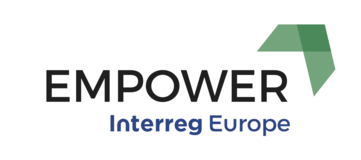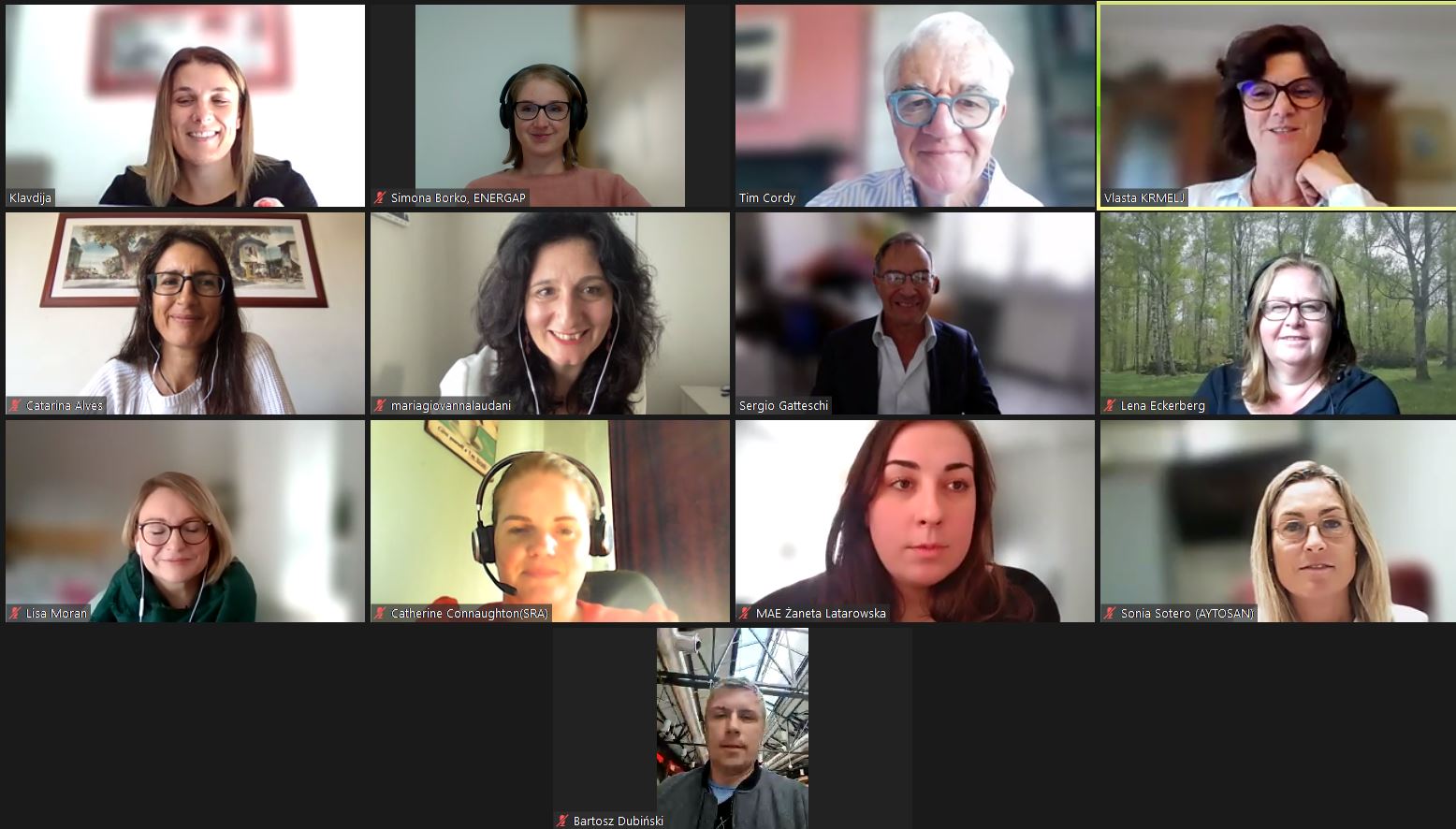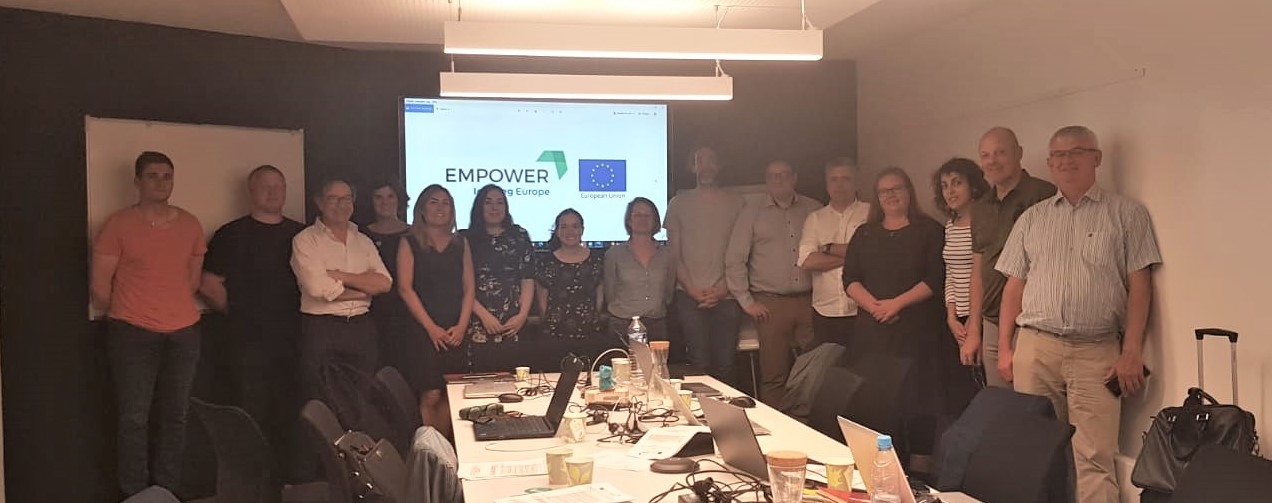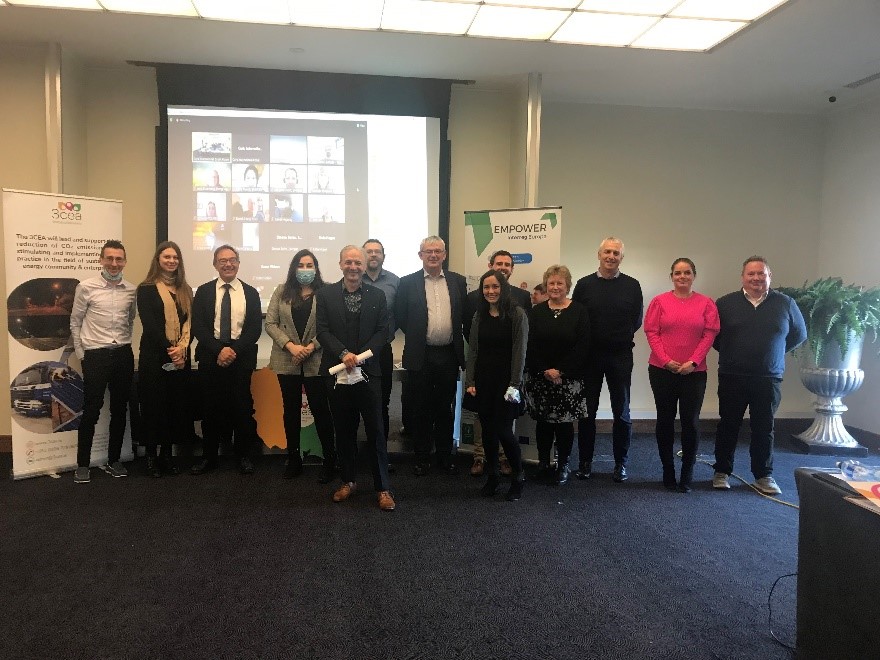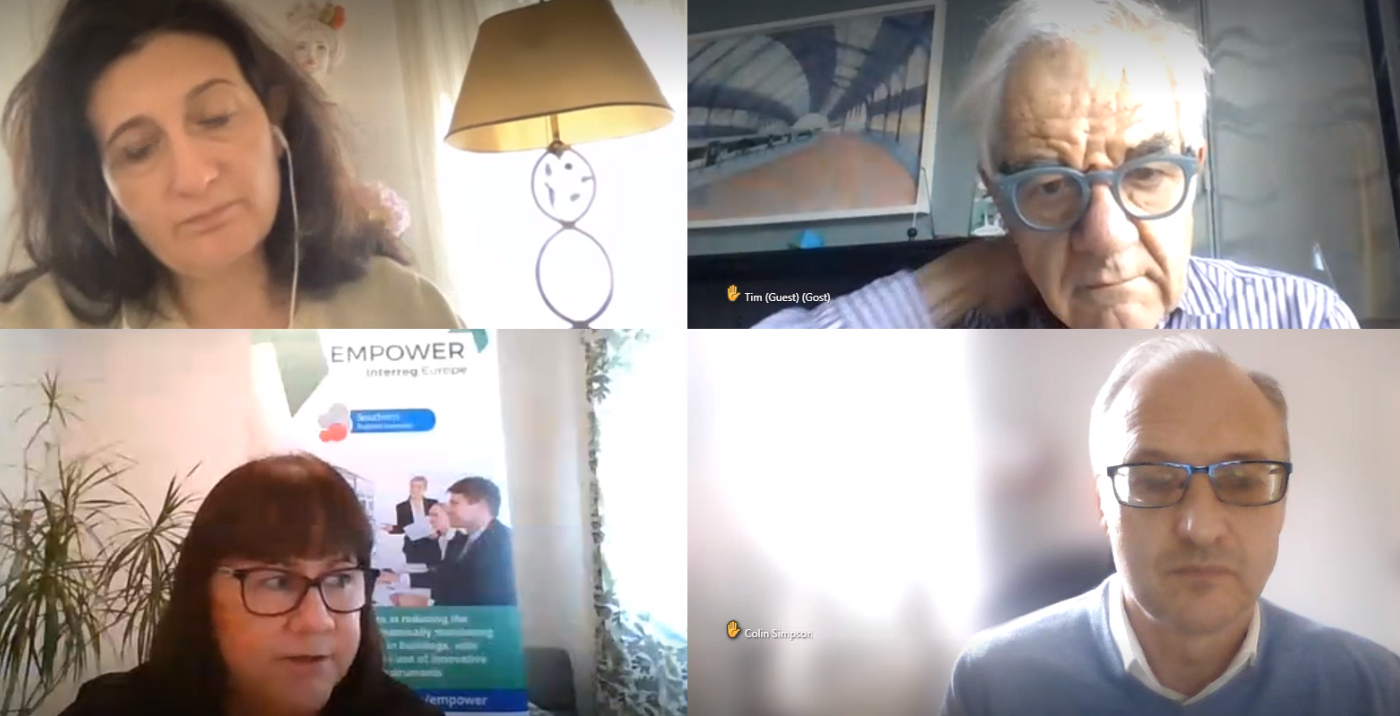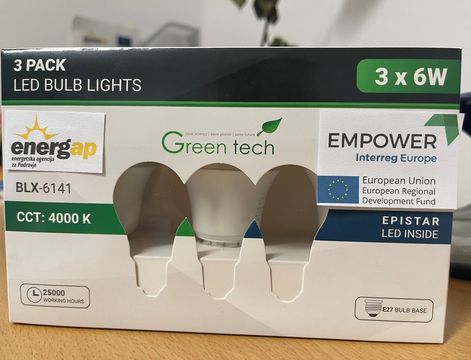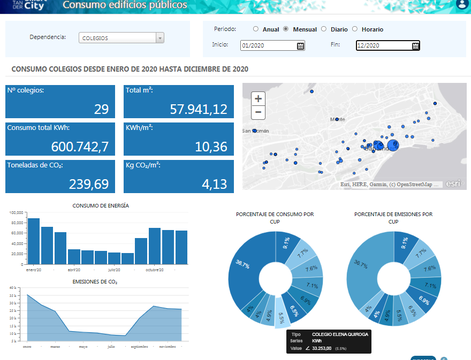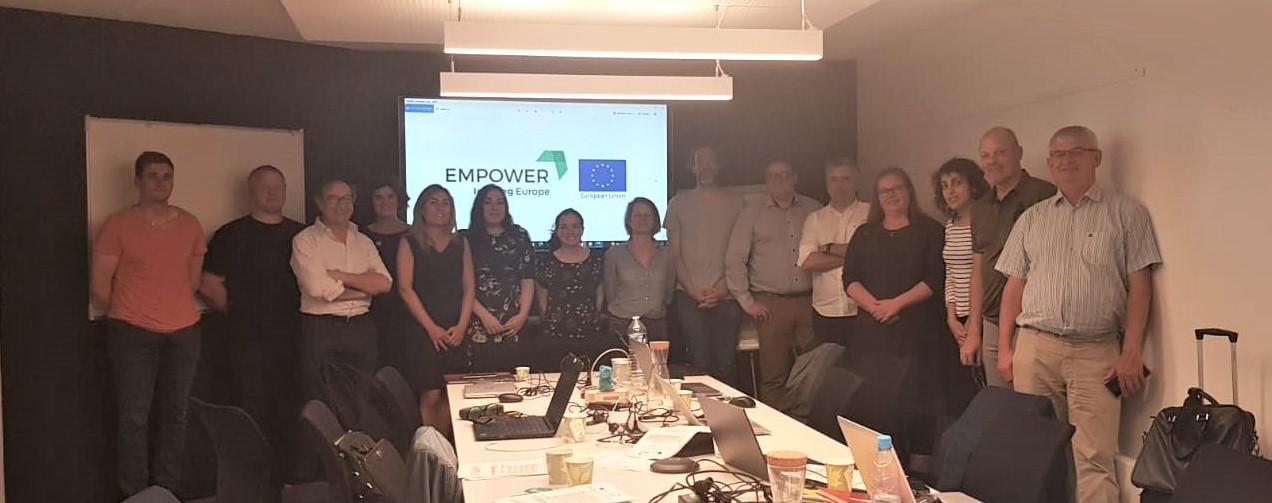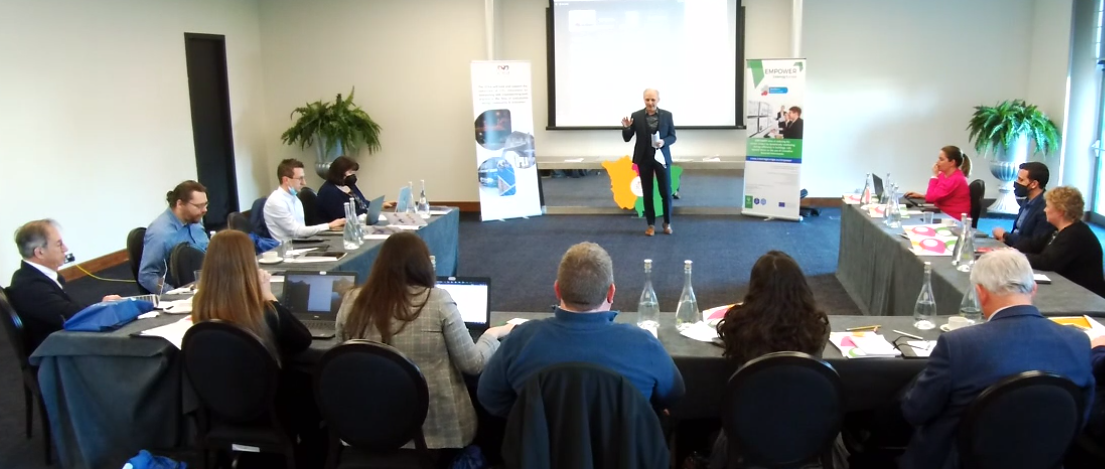More than 85 participants from the local authorities in Southeast Sweden, the regional energy agencies in Sweden and members from Fedarene participated in the import workshop in Växjö on a hot day in May 2019. The topic was resource efficiency and smart cities, focusing on green governance, E-mobility, energy monitoring and district heating. Several experiences were presented from Sweden, Denmark, France, Slovenia, Portugal, Spain etc. including the best practices from EMPOWER project partners.
” It is absolutely possible to combine reduced emissions with an increased growth. There is a matter of brave politicians who makes the right decisions”, said Magnus P Wåhlin, politician in Växjö municipality. Växjö was one of the first municipalities in Sweden to commit to the Covenant of Mayors. Now Agenda 2030 is a frame for the sustainable work in Växjö.
Vlasta Krmelj, mayor in Selinica ob Dravi in Slovenia and coordinator of the EMPOWER project presented her experiences from Covenant of mayors and some of the best practice collected by the EMPOWER consortium. In the examples Vlasta pointed out that with well-designed information and support it is possible to get the citizens involved and engage the society and the citizens in a sustainable energy usage. For example, in Lorient in France where crowd funding for solar panels have been a success, not only from an energy saving point of view but also as activator of the citizens in democracy. The CO2 reduction fund in Almada, Portugal have not only saved 375000€ per year in reduced energy costs but also avoided more than 950 tonne CO2 per year.
A general conclusion from the conference was that smart data isn’t smart until the data is managed and used in a smart way.
The conference was combined with study visit to the Alabaster project in Växjö. This is multifamily houses from the late 60-ies, now energy-refurbished which has resulted in a reduction of 50% of the energy consumption.
